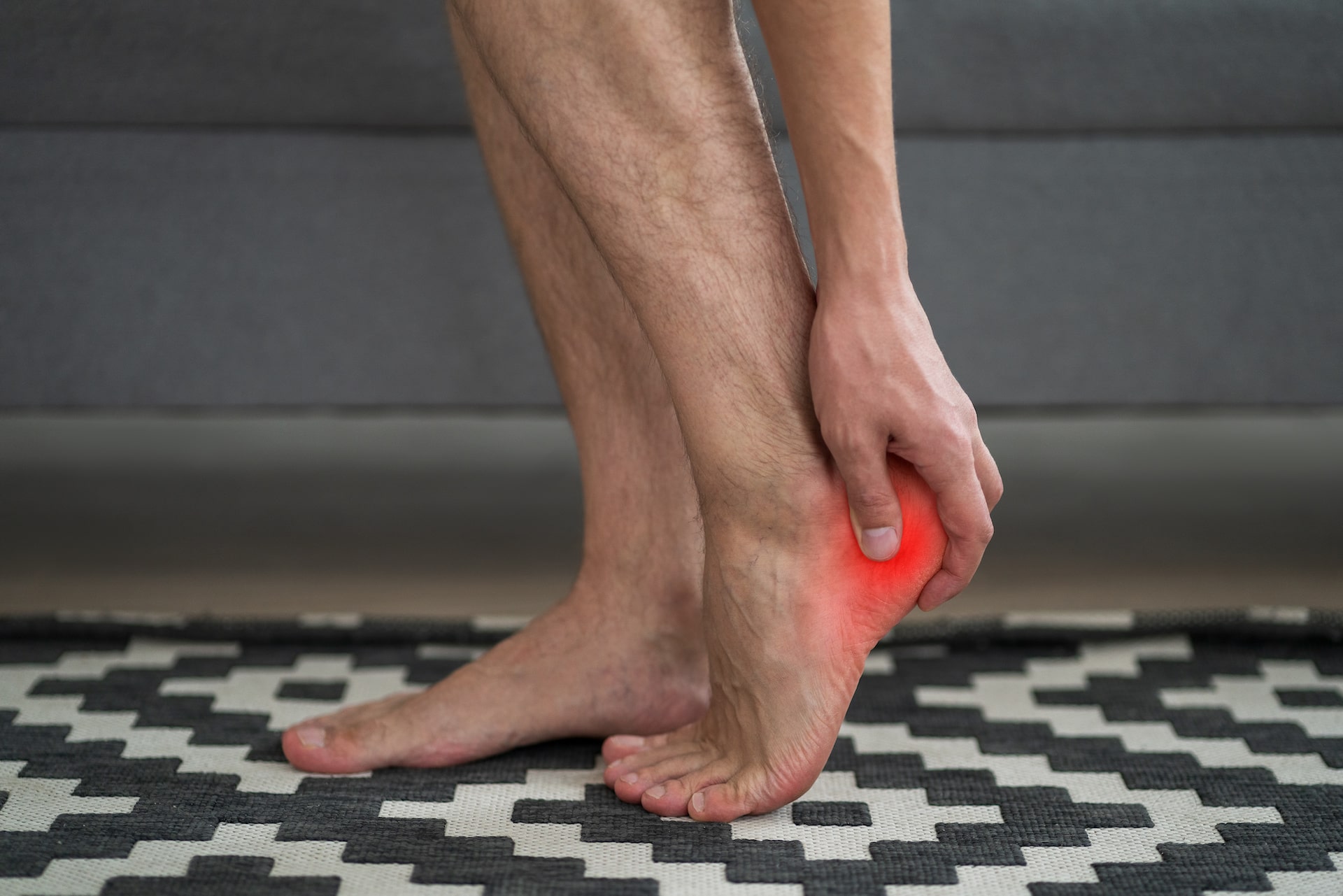Causes of excessively sweaty or smelly feet
The feet have more sweat glands than nearly any other part of the body. Unfortunately, for some people, this dense collection of sweat glands also produces an excess of sweat — leading to chronically sweaty and smelly feet. Sweaty feet result in dampness, which can increase the risk for infections such as athlete’s foot, plantar warts, and strong odors.
Smelly and sweaty foot conditions are usually present year-round, though they may be worse during the hotter months of summer. In addition, the conditions affect both children and adults alike, and are more common in men. The conditions often appear to be genetic, and stress may play a role.
While having excessively sweaty feet may be due to increased sweat gland activity, genetics, or stress, smelly feet are most often the result of bacterial or fungal growth. Usually the bacteria or fungus is growing in the shoes and transfers to the skin of the feet. Some bacteria are so strong that they even eat into the skin of the feet, producing a strong odor.
Unfortunately, there are few tried and true options in managing smelly or sweaty feet, and for most individuals, there is no cure. Rather than focusing on seeking out a cure, patients should aim to manage and minimize their symptoms.
Practicing good foot hygiene
The first step in treating smelly or sweaty feet is practicing proper hygiene. Those who suffer from these conditions should take extra care in bathing or showering and pay special attention to the feet by washing them daily with antibacterial soap and water. The top and bottom of the feet should be washed carefully as well as between the toes. After washing, the feet should be dried thoroughly, including drying between the toes.
Wearing proper socks and shoes
Clean, dry feet require clean, dry socks and shoes. Those who suffer from sweaty feet may find it helpful to carry an extra pair of socks to change into during the day. Wear socks designed to wick moisture away from the skin, made of synthetic material. Avoid cotton socks, as they may absorb moisture from sweaty feet, but don’t wick it away from the skin. Those with especially sweaty feet may even find a second pair of shoes worth carrying. Wash socks regularly, preferably in hot water to kill any lingering bacteria and allow shoes to dry thoroughly between wearings. If your shoes have removable insoles, or if you use orthotics, be sure to remove these after taking off your shoes so they may dry out as well.
Taking medications
Although oral or topical medications may help some patients, they typically offer only marginal relief at best for most people. A topical prescription medication can offer some relief, but often only temporarily and in conjunction with a rigorous approach to foot hygiene. Some patients find relief from using dusting powders designed to reduce moisture and odor. Others, however, require more intensive therapy. The prescription medication Dry Sol is applied to the feet and then the feet are wrapped carefully in plastic wrap and covered with clean, dry socks for three to four nights in a row. It may be used to treat only hyperhidrosis, or may also be used as part of a regimen to treat athlete’s foot or plantar warts.
If you suffer from sweaty or smelly feet, please call Kansas City Foot Specialists at (913) 338-4440 or request an appointment with one of our podiatrists today!



